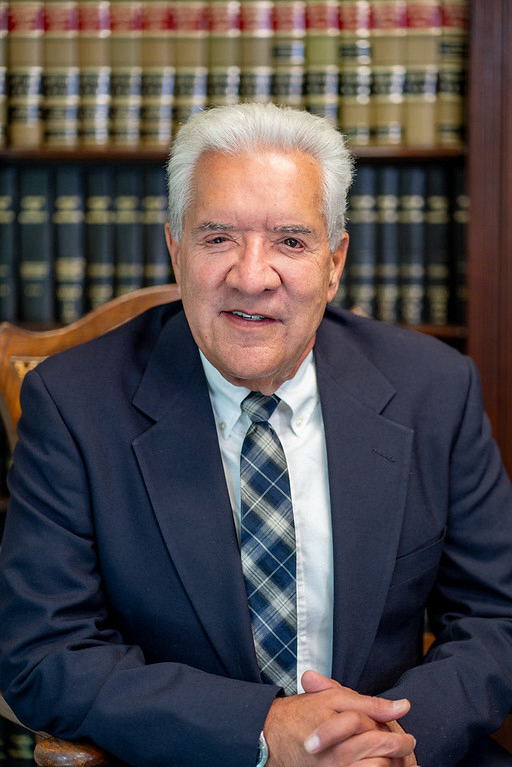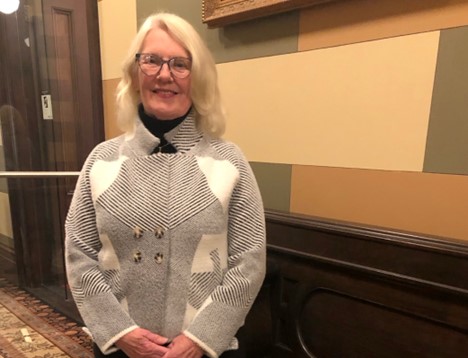The chair of the Plymouth Planning Board has decided to ban public comment during a hearing scheduled for Monday, Feb. 12, at which members will decide whether one of their own – Birgitta Kuehn – should be removed as the board’s representative on the Community Preservation Committee.
Kuehn’s attorney, Steve Triffletti, said he also will be prevented from addressing the board.
“If you allow her attorney to speak, it’s public comment,” said board chair Tim Grandy. “When we reorganize, we don’t take public comment. It’s customary and established procedure that only the Planning Board discuss appointments of their own members to various committees throughout the town.”
On Oct. 1, Kuehn – who, like all Planning Board members is an elected official – was suspended as the board’s representative to the preservation committee. The Planning Board made that move after Kuehn, who is white, sent an email to a fellow board member, Carl Donaldson, who is Black, that Donaldson charged was racist in nature.
The suspension stemmed from a dispute between Kuehn and Donaldson at a Sept. 27 meeting. Kuehn was talking when Grandy interrupted, saying she was off topic. The next speaker, Donaldson, said he would stay “on point.” Kuehn took offense. The following day, Kuehn sent Donaldson an email in which she wrote, “Didn’t your Momma teach you better?”
Kuehn later offered an apology, which Donaldson accepted, calling it “really heartfelt.” Nonetheless, he said, it was not enough to justify her reinstatement, even on a temporary basis, as its representative to the Community Preservation Committee. A majority of the board agreed. Monday’s hearing is to decide whether the suspension is to be made permanent or lifted.
Town bylaws say a member of the committee may be removed for cause after a hearing.
Kuehn said she, like Triffletti, objects to the hearing’s format.
“This is a hearing for cause, and I’ve never known of a hearing for cause not to include someone’s counsel,” she said.
The Community Preservation Committee makes recommendations to Town Meeting on how millions of dollars in the Community Preservation Fund should be spent on housing, open space and recreation, and historic preservation.
Kuehn’s seat on that committee has been vacant since her suspension. She has at times been at odds with developers who have come before the committee with proposals. Had she been on the committee Nov. 9, Kuehn said, she would have been the deciding vote against allowing Town Manager Derek Brindisi to appoint an administrator who reports to him to do part-time work for the committee, a move some on the committee saw as an intrusion on its independence.

Triffletti, who is also town moderator, said that in the past he has been allowed to speak on behalf of clients before the Planning Board.
“Not only should I be provided the opportunity to be heard at the hearing with my client, but also this should be the opportunity for other speakers to be heard,” he said.
Triffletti admits that the Massachusetts Open Meeting Law does not require boards to allow public comment, but he points to commentary on the state attorney general’s website that recommends it.
“Although the Open Meeting Law does not require public bodies to allow public comment during meetings,” it reads, “we encourage public bodies to allow for as much public participation as time and circumstances permit.”
Triffletti argues that both time and circumstances would allow the public to speak, as the only topic of Monday’s hearing is Kuehn’s suspension.
He also cites a decision from the Massachusetts Supreme Judicial Court last year finding that the town of Southborough’s rules restricting the content of speech in public meetings violated the Massachusetts Constitution.
That case involved the Southborough Select Board’s decision to remove someone form a meeting over the content of her comments, not whether a town board can prohibit public comments altogether.
Triffletti acknowledges that the issue related to Monday night’s hearing is whether to have public comment but said that the Southborough case indicates how the state’s highest court might respond if Kuehn or members of the public were to sue the town for denying public participation at a meeting.
“All of our town boards and committee and commissions should be viewed as transparent,” Triffletti said. “There should be accountability and we are not in the business of having what might be viewed as a kangaroo court.”
Fred Thys can be reached at fred@plymouthindependent.org

